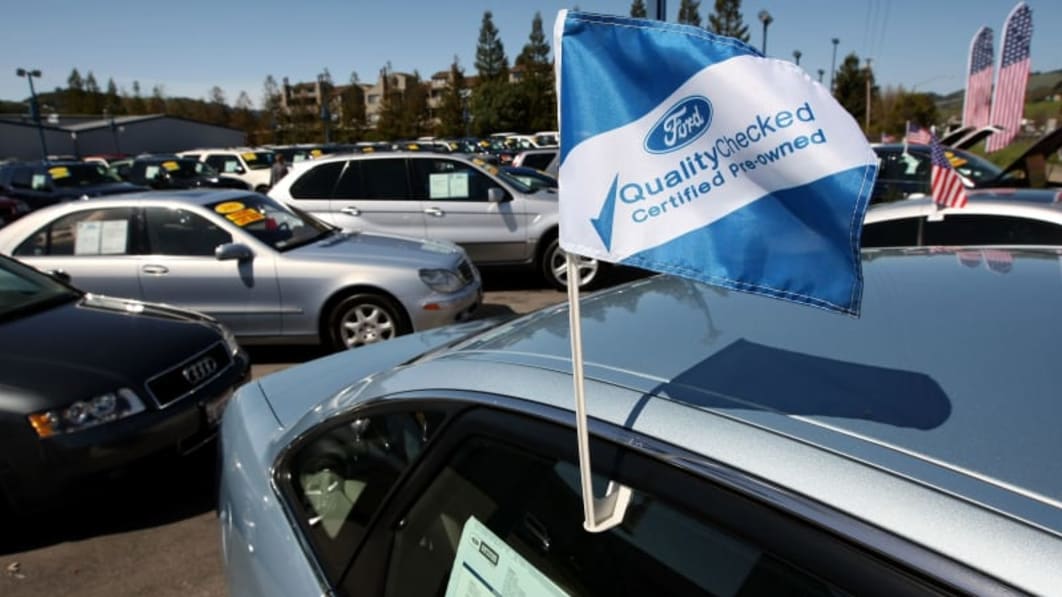Buying a used car is always a little risky. You probably don't know the complete history of the car, or how it was driven. You can reduce that risk by buying a certified pre-owned car. Some 2.3 million people took that option in 2014, but a certified car may not always be the best deal. You'll have to weigh the cost of the certification, who offers the certification, what it covers, and any deductible when you compare prices in order to decide whether it is worth the extra money. Here are some things to think about as you consider whether the additional security of certification is worth the added cost.
Certified, preowned car
A certified pre-owned car usually means that someone has inspected a used car and, based on the inspection, extended the warranty that came with the car when it was new or offered a different limited warranty on the car. If a part of the car that is covered in the warranty breaks during the warranty period, the warranty covers all or part of the cost of repairs.
There are many variables in every CPO purchase - who certifies the car, what is covered, how long it is covered, the details of the deductible, the age of the car, its current mileage, and all the other terms of the deal. Weigh how important these factors are to you before deciding if buying a CPO car is worth your time and money.
Between new, used, or pre-owned
Certified pre-owned cars don't offer you the absolute guarantees of a new car, or as low a price as a standard used car, but for some customers, they hit the sweet spot in between. Certified pre-owned cars are often fairly recent models with relatively low mileage, sold with an inspection, an extended limited warranty, or a right to return. These cars cost more than non-CPO models - from hundreds more for a low-budget model to thousands of dollars extra for higher-end models. Only you can decide if buying the more expensive certified pre-owned car is worth it, but experts recommend caution.
Certifications are not all alike
There are certifications - and then, there are certifications. Ideally, a CPO is certified by an official automaker certification program, but not all are. Sometimes dealers certify used cars themselves by doing an inspection and offering a warranty, and some sell cars certified by outside entities. This might look like a good deal in terms of price, but if there are issues later, collecting under the warranty may be a time-consuming and lengthy process. Be sure you know who certified the car, and who is providing the warranty.
Even official automaker certification warranties differ significantly, including the period of time the warranty runs and the type of repairs it covers. For instance, Lexus sells its CPO cars with a three-year/100,000-total-vehicle-mile limited warranty, while Chrysler provides only a three-month/3,000-mile-limited warranty and an 80,000-total-vehicle-mile powertrain-only warranty. Some warranties transfer if you sell your CPO car; some do not. Same goes for deductible, roadside assistance and car history.
No absolute guarantees
Paying the extra money for a CPO car may buy you piece of mind, but it doesn't buy you a new car. If your car is always in the shop, it might not matter if the repairs are covered. If the car has gone through a 100- or 160-point inspection, it may run just fine for a time, but a CPO car can develop problems that may not be covered by the warranty. If you decide to buy a CPO car, your best bet is to have it checked out by an independent mechanic before you buy, just as you would with any used car. If you have doubts, you can always buy a non-CPO car, and put the extra money into a savings account to pay for any repairs that might arise.

